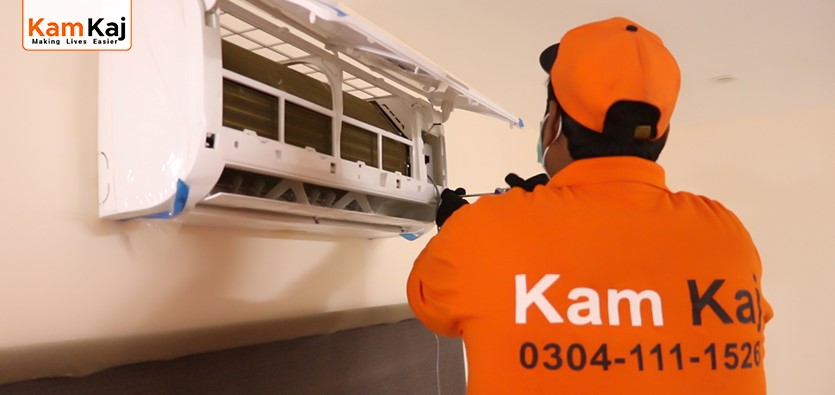Air conditioners are the most important appliance for households and businesses, especially in hot and humid climates. When it comes to buying an air conditioner, there are a lot of factors to consider. One of the most important decisions you'll need to make is whether to go for an inverter AC or a non-inverter AC. Now we'll take a closer look at the difference between the two and help you make an informed decision.
Non-Inverter AC:
A non-inverter AC, also known as a fixed-speed AC, is the traditional type of air conditioner that has been around for decades. As the name suggests, the compressor motor in a non-inverter AC runs at a fixed speed. When you turn on the AC, the compressor runs at full speed until the desired temperature is reached, and then turns off. When the temperature rises again, the compressor turns on again, running at full speed once more.
Non-inverter ACs are less expensive than inverter ACs and are often sufficient for small rooms or spaces.
Inverter AC:
An inverter AC, on the other hand, has a variable speed compressor, also known as an inverter compressor. The inverter compressor adjusts its speed according to the cooling requirement in the room. This means that the compressor runs at a lower speed when the cooling requirement is less and speeds up when the cooling requirement is higher,

Energy Efficiency:
Inverter ACs are more energy-efficient than Non-Inverter ACs. As the compressor motor adjusts its speed based on the room temperature, inverter ACs consume only the required amount of electricity, leading to significant energy savings. In comparison, Non-Inverter ACs consume more power as they run at full capacity continuously, even when the cooling requirement is lower.
Noise Levels:
Inverter ACs operate at a lower noise level as compared to Non-Inverter ACs. The inverter compressor motor runs at a low speed, which results in reduced noise levels. In contrast, Non-Inverter ACs produce more noise due to the constant running of the compressor motor at full capacity.
Cost:
Inverter ACs are generally more expensive than Non-Inverter ACs. However, the cost difference is compensated in the long run due to their higher energy efficiency, leading to lower electricity bills.
In conclusion, both inverter AC and non-inverter AC have their pros and cons. While inverter ACs are more energy-efficient, quieter, and provide precise cooling, they are more expensive than Non-Inverter ACs. On the other hand, Non-Inverter ACs are less expensive, but they consume more energy and produce more noise. It is essential to consider your requirements and budget before making a decision.

































Let Us know thoughts!
Your email address & phone will no be published. Required fields are marked*